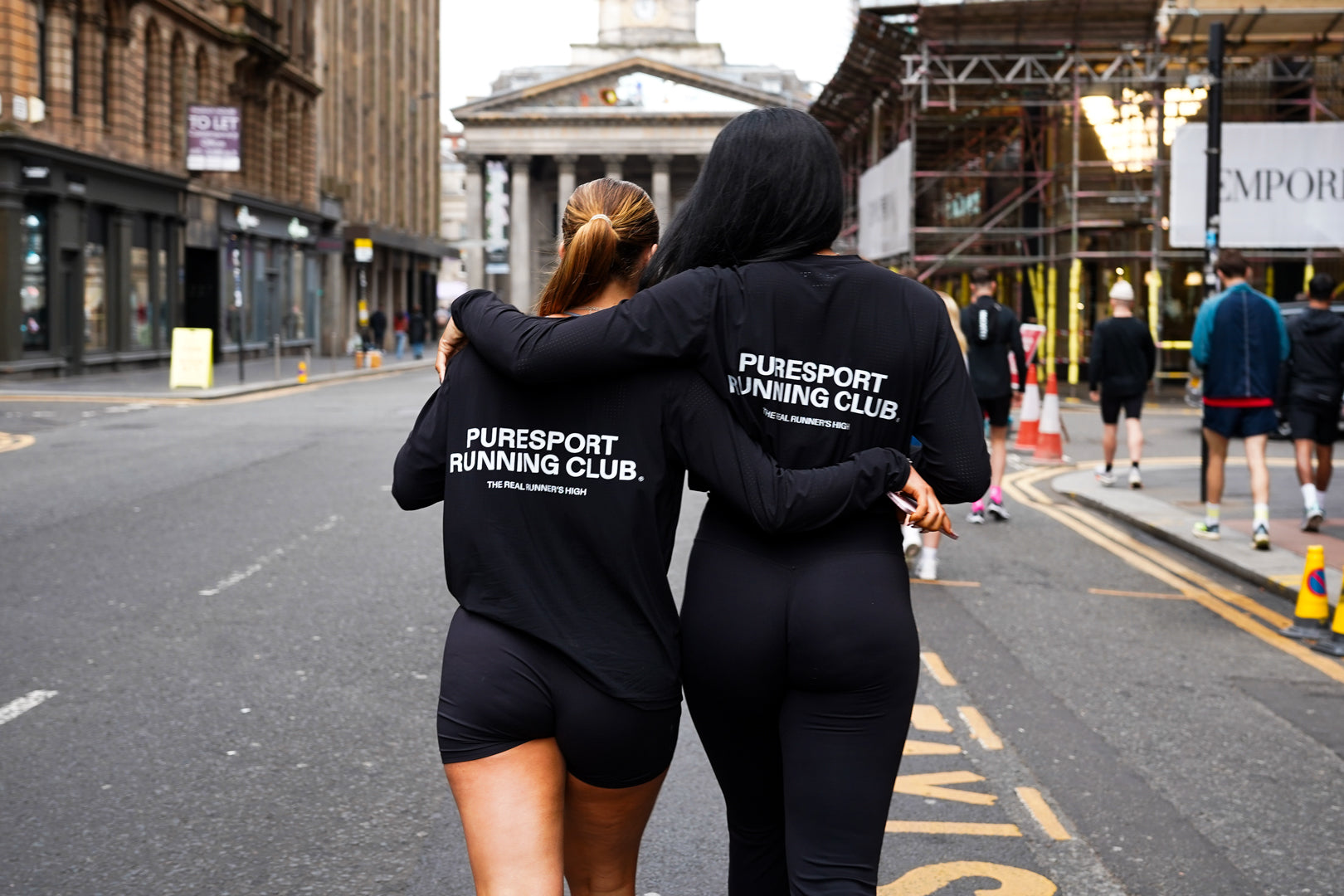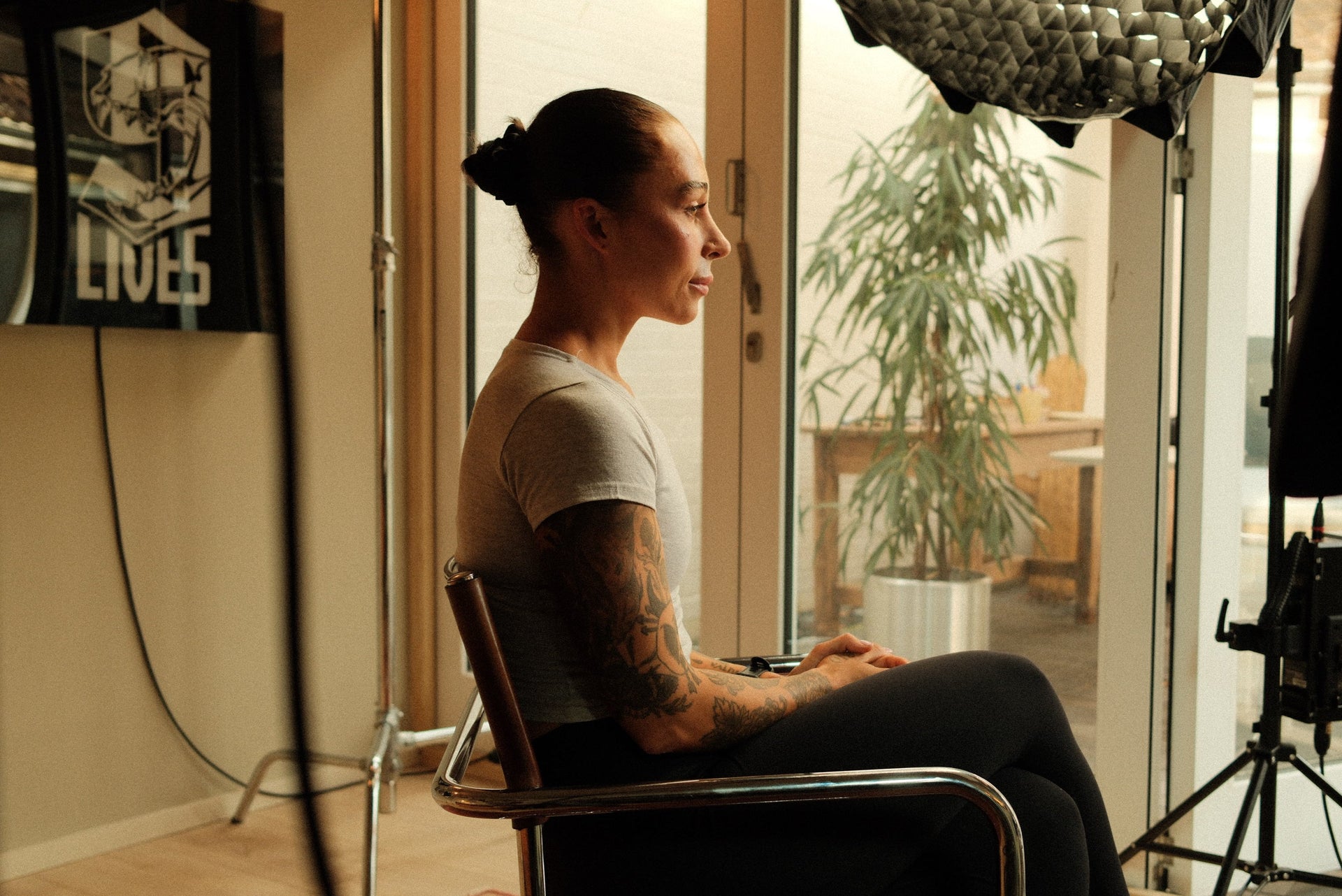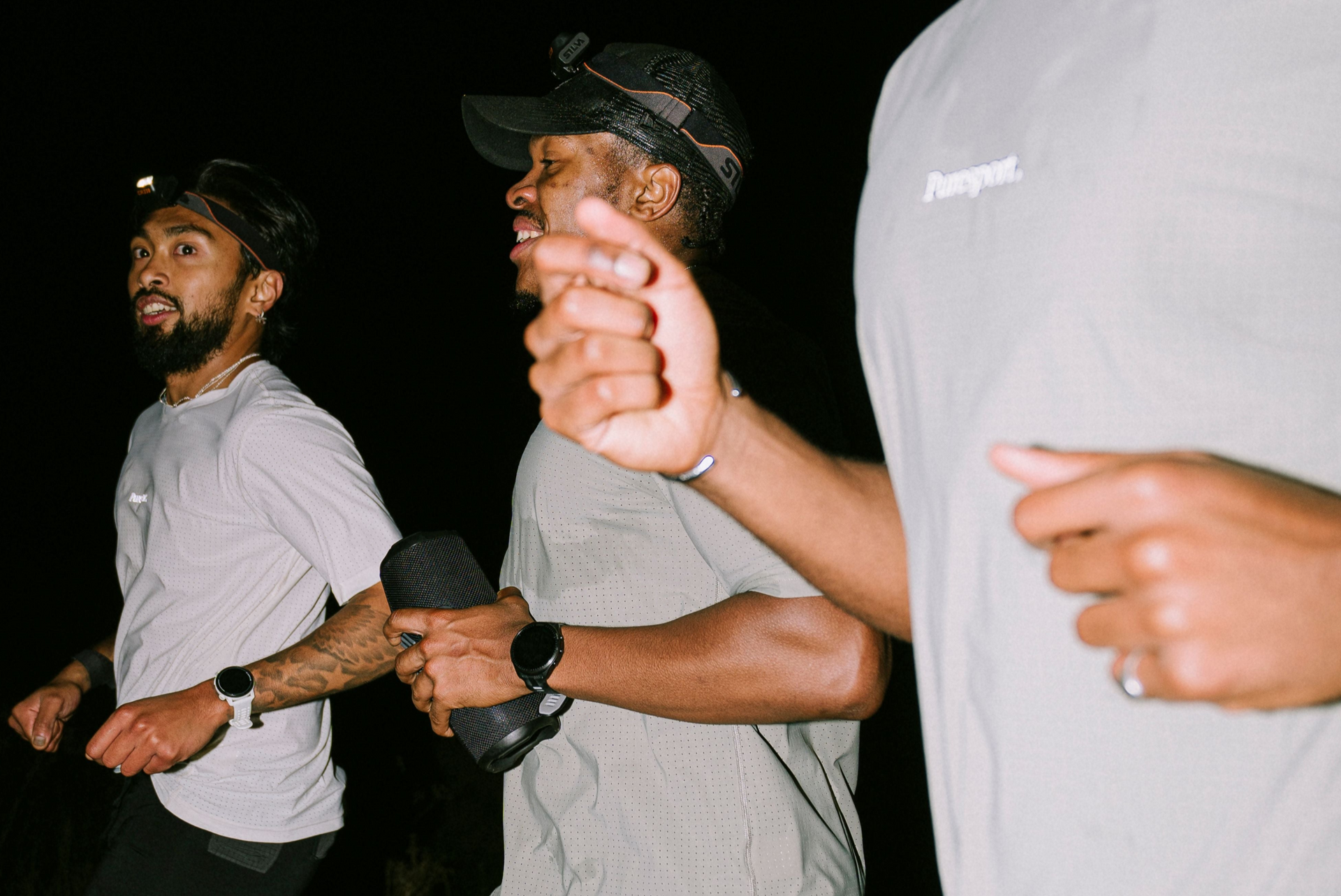In 2018, the World Anti-Doping Association stopped considering CBD a prohibited substance, meaning that athletes could begin experimenting with its performance-enhancing potential. For athletes, the benefits of CBD are more subtle than in people living with a condition like epilepsy and there is a lot of research to be done before we can work out how, and how much, CBD can help. This doesn’t mean that many athletes have not embraced the trendy supplement in an attempt to get the edge on their competition before CBD becomes as common as caffeine in the athletes’ arsenal of ergogenic plant-derived substances. CBD seems to be the most effective cannabinoid in treating pain and inflammation, and it doesn’t take a Ph.D. neuroscientist to work out that those are both things athletes would like to get rid of.
Whether CBD actually will boost your performance is up for debate. Certainly, it’s not something that everyone should swallow a handful of before exercise, but if inflammation, pain or anxiety are limiting performance, then CBD can likely help in overcoming that bottleneck. CBD seems to be most promising as a supplement for athletes recovering from injury. What it won’t do is help you if you’re not inflamed or injured; the World Anti-Doping Association stated that “there is no direct evidence of performance-enhancing benefits.” Bradley, an athlete herself, sees CBD as a sort of natural alternative to over-the-counter pain and inflammation medications today, saying, “We really see the budding interest in CBD slotting in with the larger trend in consumer preferences toward natural, plant-based ingredients that help us feel better.” But she also notes that, as she is free of injury or chronic pain, she hasn’t used CBD that much herself.
Kaplan also told us that there’s also a suggestion that the same anti-inflammatory properties of CBD could help in reducing the severity of traumatic brain injuries, the kind that you’ve read about in NFL players. Just having the CBD on board at the time of injury might help reduce the severity of the injury. This idea is supported by a recent article in the Clinical Journal of Sport Medicine which suggested that whole-plant cannabis use was common in high-risk sports, and that it might have some benefit in pain and concussion treatment. Studies into this are ongoing, but it’s possible that in a few years athletes might be dosing up on CBD tinctures before a game or maybe following Nate Diaz’s lead and vaping after UFC fights.
In an informal Twitter poll, there were half a dozen professional and amateur athletes who are habitual CBD users. These weren’t your stereotypical stoner snowboard types who seem to be identified in the Clinical Journal of Sports Medicine article — they were mostly athletes in their 30s or older that tried CBD as a way to boost recovery. Only one of them used weed recreationally. All the athletes in my (admittedly biased) sample felt that CBD had helped with recovery from injury and training, and most used topical applications on problem areas. Several mentioned that it had helped them avoid opiate pain medications or that they had stopped using NSAIDs chronically after beginning with CBD. About 1/3 of people use NSAIDs and athletes tend to self-administer them in the belief that they enhance performance (they don’t). NSAIDs have side effects that include an increased risk of gastrointestinal and cardiovascular disease and so replacing these with CBD, which doesn’t seem to have the undesirable side effects, is a health benefit in itself.
Much like the athletes mistakenly throwing back the ibuprofen pills at the start of their events, people taking CBD under the impression that it is some kind of wonder drug that prevents pain entirely are going to be disappointed. CBD is not going to stop it hurting when you push your body, and you wouldn’t want it to anyway. Studies show that you need to feel pain to pace your efforts. I spoke to one CBD brand who had sent samples to a pro athlete (whom they asked me not to name) who said he had felt no difference when using the product. When they asked him what he took it for, he didn’t know.
Some brands, like Floyd’s of Leadville — owned by former Tour de France winner Floyd Landis — tout the benefits of CBD consumption during exercise, but there’s no research to support this yet. Kaplan suggested that there might be a benefit from anti-inflammatory properties in CBD during prolonged exercise, but the major benefits will come in treating injury and enhancing rest and recovery. This might sound minor, but recovering better means training more, and training more means getting faster, stronger, leaner and more skillful. Everything from protein shakes to HGH is, in short, a way to recover better. I’m not saying vaping is going to have the same effect as doping, or that you’ll be switching your protein shake with a CBD gummy, but as part of a recovery regimen, CBD could help achieve your exercise goals.
As more research is published, we’ll know more about how and when to use CBD. But, thanks to the incredibly convoluted legal issues around cannabis, the combination of CBD with THC and the promising potential of other cannabinoids such as tetrahydrocannabivarin (THCV), it is unlikely to be something we see much research on in the US for the foreseeable future. In the meantime, CBD isn’t that expensive or dangerous, so you’ll likely be hearing a lot more from your chatty friend at the gym.







